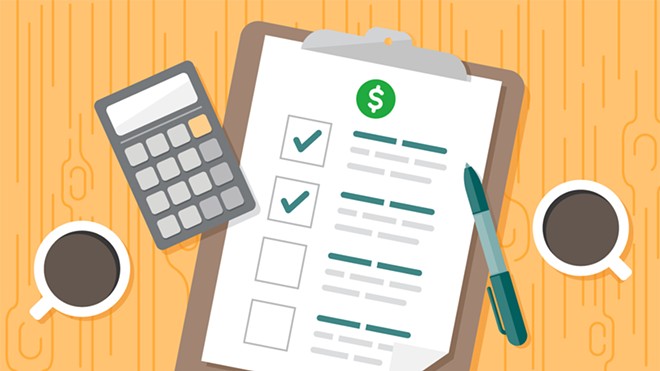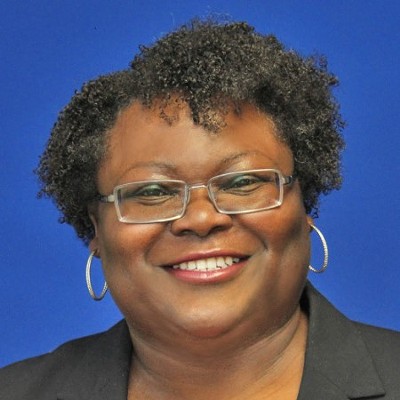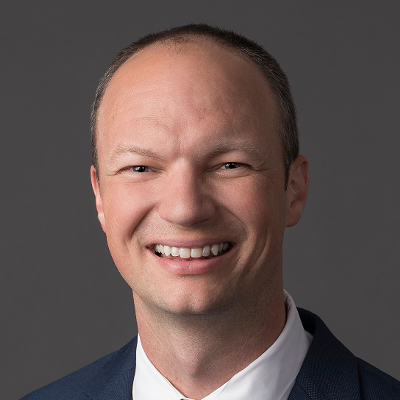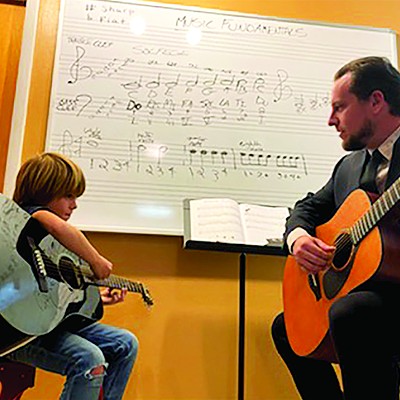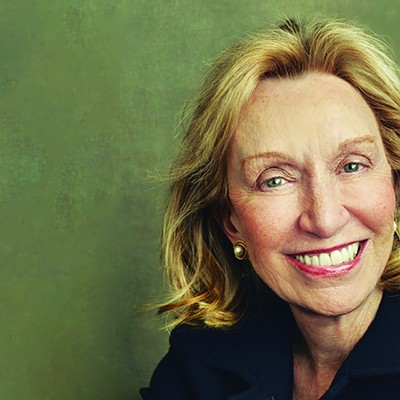Typically, people make resolutions at the dawn of each new year to improve their health and physical fitness. Now that a global pandemic has caused many businesses to close their doors and cost more than a million Illinoisans their jobs, the list of resolutions for 2021 may include improving one's financial health. Even those who still have a job may have had their hours reduced or work in an industry that is less than stable right now.
This is the time to educate yourself and take control of your financial health. Nic Gordon, a financial planner with Robert Gordon & Associates, Inc., 1201 Veterans Parkway, said, "If financial planning doesn't get you excited, recognize that you don't have to be the expert, and develop a relationship with a qualified financial planner."
Understanding your wealth potential is vital. "The topic of financial health is not going to get less important – life keeps changing, and these changes always affect the financial aspect of life," said Gordon.
He noted, "Most people are not taking advantage of things that are right in front of them. The days of relying on company pensions are over. More companies are offering quality retirement plans, but you have to remember to revisit them and adjust your contributions."
What does financial health look like? That answer varies from person to person but includes having some money in the bank and little or no debt, along with the ability to meet life's basic needs while being able to realize some wants. Overall, good financial health lends itself to the feeling of having less worries and stress, which makes for a more enjoyable life.
Strong financial health is realized when there is a steady and adequate flow of income, predictable expenses, strong returns on investments and a cash balance that is growing. These factors allow a person to exercise more control and plan for the anticipated basic expenses of a monthly budget, along with life's unanticipated events.
Gordon said, "It took a global pandemic to get some people to realize the importance of an emergency fund," which he describes as "a boring savings account that's there when you need it."
As Gordon assists clients in taking inventory of their financial health this year, he is emphasizing having an emergency fund that will sustain you and your family should income decline, educating yourself about wealth and developing a relationship with a financial planner.
Gordon recommends a minimum emergency fund with enough savings to cover three to six months of basic living expenses, which does not include "fun money." A household sustained by one income should increase the emergency fund to cover six to 12 months of basic expenses. "After you've planned for the worst, this is when your money should be working for you," Gordon said.
Research has shown that when an individual has greater control over their finances that, this has positively impacts their physical health, mental health and emotional well-being. On the other hand, economic hardship has detrimental effects on a person's overall health.
Joel Gustafson, owner and investment adviser at Hilltop Securities, 3040 Spring Mill Dr., views financial health as an investment plan or strategy that is reviewed and rebalanced periodically, making sure that it is proper for each client's risk-return profile. Gustafson suggests, "Think of your investment health checkup like you would your yearly physical checkup."
When talking with clients about their financial health for 2021, Gustafson emphasizes two priorities: having an investment plan and not letting emotions dictate financial decisions.
Financial planning is tailored to each client's risk-return profile. Gustafson explained, "Someone who is 30 should take on more risk than someone who is 60." Regardless of what plans you make, life happens, so it's also important to periodically review your risk-return profile.
Secondly, Gustafson encourages clients to keep emotions out of their financial decisions as much as possible, such as opinions from the media, family and others. Gustafson said, "The emotions that usually dictate how you invest are fear and greed, and those two never make a good combination."
Gordon also draws a parallel to physical health, saying, "The best investments you can make are in your physical wellness and your wealth."
He says a good financial planner follows up with clients and reminds them to take action to make their goals happen. "I'm kind of like a personal trainer who keeps reminding you of your physical wellness goals."
Holly Whisler is a freelance writer from Springfield who enjoys learning how to make her money work for her.

